Empowering Resilience: World Vision's Transformative Impact in Hwange
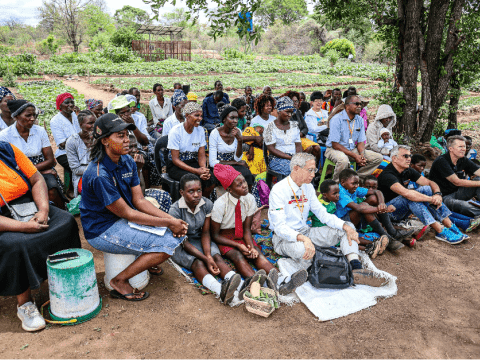
By Tanaka Ziyavaya (Communications Graduate Intern)
In Hwange, Zimbabwe, where communities are overcoming challenges with resilience and hope, World Vision’s initiatives are transforming lives. Recently, some of World Vision International’s Board Members, led by Southern Africa Regional Director Mark Kelly, visited the region to witness first-hand the remarkable progress and impact of these initiatives. Accompanied by board members Sui See Yuen, his wife Angie Yuen, John Chundu, and Bogdan Nita, the group set out to see how the community is being empowered, particularly in the face of the ongoing challenges posed by the El Niño-induced drought.
Their journey began at the Mutwe Nutrition Garden, an inspiring example of what can be achieved through community-driven solutions. The garden, established with the support of World Vision, the World Food Programme, and the Government of Zimbabwe, serves as a vital source of food security and economic opportunity. Managed by 63 households, the garden has provided a lifeline to the community, allowing families to grow vegetables year-round. These efforts have alleviated food insecurity, enabling the families to consume at least two meals a day, despite the surrounding hardships.
Mark Kelly praised the garden’s impact, saying, "I have seen amazing women in the Mutwe community producing crops to sell, providing food for their families, and paying school fees for their children to ensure they have a brighter future." The garden not only empowers these families to sustain themselves but also serves as a foundation for economic independence, with many diversifying their livelihoods through fish farming and poultry rearing. Through these activities, they have created a sustainable source of food and income, which helps strengthen their resilience against ongoing challenges.
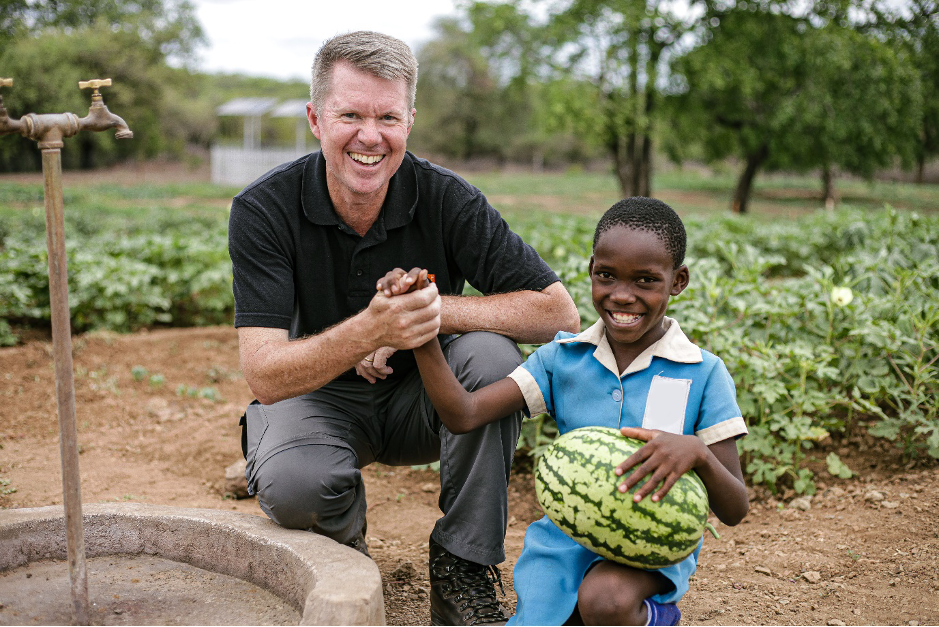
One young boy, Shane, a 12-year-old resident, shared his gratitude for the project, saying, "We thank World Vision Zimbabwe for this lovely garden which is now giving us enough clean water to drink and water our vegetables to eat at home with my parents and siblings." His words reflect the profound impact of the garden on both the physical and emotional well-being of the community.
The group also visited the Chikandakubi community, where they had the chance to meet Rachel Mulewa, a dedicated Safe Space mentor, and other survivors of gender-based violence (GBV). These women, once victims of violence, are now powerful advocates for change, working tirelessly to ensure a safer, more equitable future for themselves and their communities. The Safe Spaces project, funded by USAID through UNFPA and implemented by World Vision Zimbabwe, is playing a key role in this transformation by providing a safe environment for survivors to share their stories, access support, and learn essential life skills.
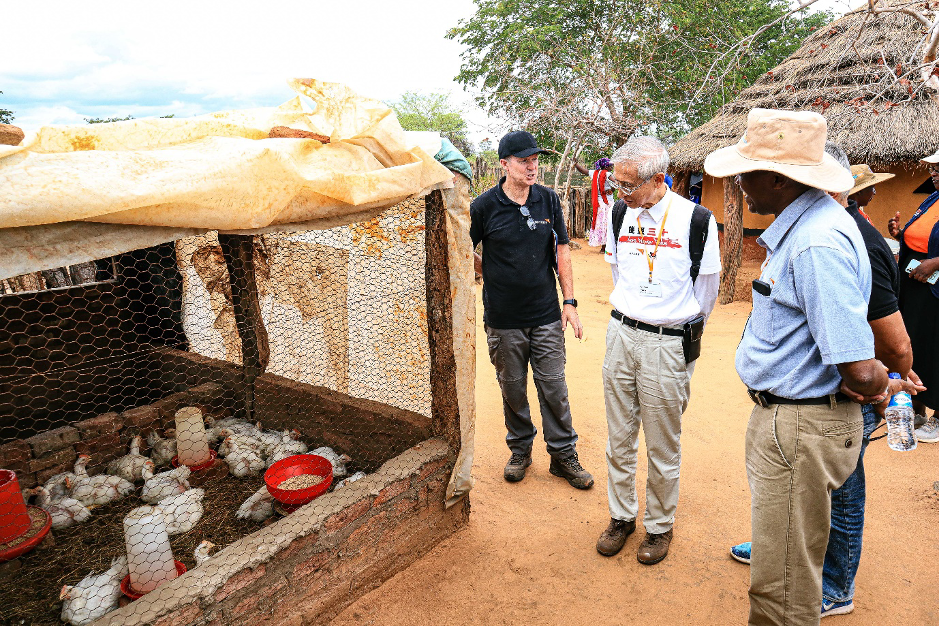
Rachel Mulewa, who has benefited greatly from the Safe Spaces project, spoke of the changes in her own life: “My husband no longer beats me, and we’ve learned to communicate peacefully when we disagree,” she shared. This statement speaks to the heart of the program’s success: empowering individuals to break free from cycles of violence and rebuild their lives.
The community’s progress is also evident in the entrepreneurial spirit of the "Women of Valor" group, who have been engaging in income-generating activities such as poultry farming, detergent-making, and savings and loan groups. These efforts have not only met household needs but have allowed them to fund their children’s education and create a sustainable future. John Chundu, a World Vision board member, expressed admiration for their work, saying, “I am impressed with the women of Chikandakubi for their collaboration and their entrepreneurial spirit in providing for their families.”
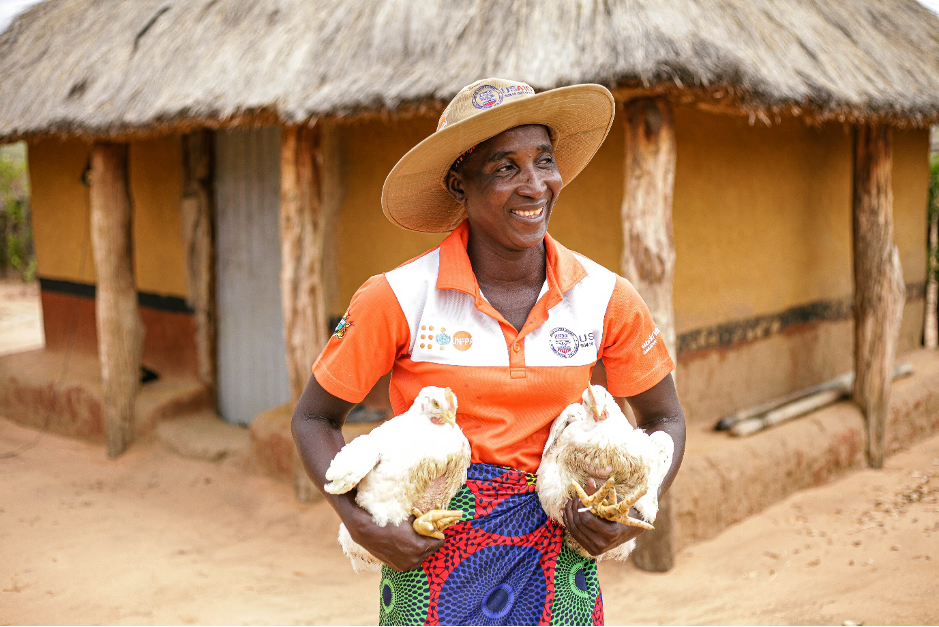
In addition to supporting women, the Safe Spaces project has had a significant impact on young girls in the community. Under the mentorship of the Safe Space mentors, the girls are gaining knowledge about child protection and menstrual hygiene. Angie Yuen, a World Vision board member, noted, "I am very happy to see that safe space mentors, along with the community, are involving young girls and ensuring they know their child rights, particularly around menstrual hygiene management."
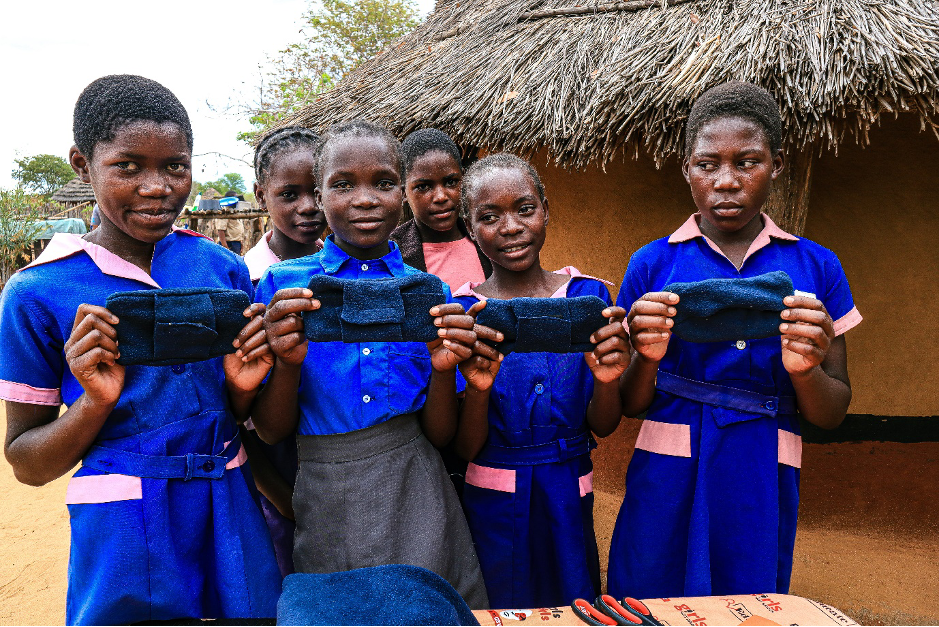
The impact of the Safe Spaces project is clear: a significant reduction in GBV cases and a growing sense of empowerment among women and girls. The program has not only provided a safe space for healing but has also contributed to creating a community where women and children are equipped with the skills and confidence to thrive.
In witnessing these profound changes, the World Vision team reaffirmed their commitment to supporting vulnerable communities. From the life-changing impact of the Mutwe Nutrition Garden to the empowerment fostered by the Safe Spaces project, it’s clear that World Vision’s initiatives are not just changing lives—they are igniting a movement toward a future where resilience, dignity, and opportunity are accessible to all. Through these collective efforts, the communities of Hwange are proving that, with the right support, even the most challenging circumstances can lead to lasting transformation.